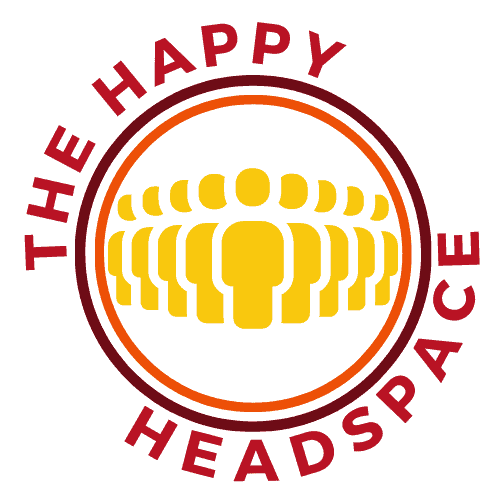As with most things, your Dissociative Identity Disorder belongs to you and your alters and no one else. No one owns this information and you don’t have to tell anyone if you don’t want to. With that being said, many systems eventually begin to contemplate telling someone about their DID and/or their traumas. When your system has decided that yes, they do want to tell someone about it, it’s really helpful to know what to expect. This post will go over some lessons from our system’s personal experiences with telling people about our DID and traumas. Let’s get started!
**Pro tip: Before going any further, we highly suggest that you read this article about why you might want to tell someone and this article about the pros and cons of telling someone. As with all things in DID, safety first!
Table of Contents
WARNING AND DISCLAIMER
Because of the nature of D.I.D., it’s possible that something in this article could be triggering to your system. Please use caution and your best judgement when reading this article. Safety first!
Disclaimer: We are not doctors, therapists, or mental health professionals. We’re just a bunch of alters that are speaking from personal experience to help other systems live their best lives.
Who You Tell And Why Really Matters
There is a huge, HUGE difference between telling your mom because you don’t want to see your creepy uncle this holiday and telling your eating disorder therapist because some of your alters are struggling. A trained trauma professional is going to handle things much differently than a family member that loves your abuser.
Your system’s reason for telling them will also have an effect. Are you going to tell them in order to keep your system safe? To keep them safe? Or maybe you’re telling them to be intimate or open up for the relationship to deepen. Or to help your system get more specialized care.
It’s very helpful for your system to know the reason why you’re telling them. No matter the reason, it will have an effect on how your system will feel when things are said and done. It’s best if everyone knows what’s going on upfront so your system can prepare.
Their Reaction Has Everything To Do With Them (And Almost Nothing To Do With You)
If your system does decide to tell someone about your DID and/or trauma, it’s important that every alter understand that, ultimately, their reaction has nothing to do with you.
For example, if someone reacts in love and kindness, it’s because that person is loving and kind. If someone reacts in anger and denial, it’s because that person is struggling with anger and denial. Neither example has anything to do with you.
You and your alters are not responsible for their reaction, emotions, or their actions moving forward. All that your system is responsible for is your choices; they are responsible for themselves.
In the event that someone responds poorly, it in no way changes who you are, what happened to you, or your intrinsic value. It only means that they are choosing to respond in that way.
It Probably Won’t Go The Way You Want It To
The sad truth of the matter is that, outside of some trauma informed professionals, your system likely won’t get the response you’re hoping for. This does NOT mean that your system doesn’t deserve the love and support you’re looking for; it just means that they’re currently not capable of giving you what you need.
The reason is this: acknowledging DID means acknowledging the trauma and circumstances that created it. For most everyone, this is just too much to comprehend. This is in no way you or your system’s fault.
Most people (especially those that are emotionally close to someone responsible for your DID) are simply not capable of handling the rush of emotions and pain and confusion that come along with facing these realities.
Even individuals that are in no way connected to your past will likely struggle to come to terms with what has happened to your body. This is because many people have a hard time wrapping their mind around the level of trauma necessary to create DID. In other words, they simply can’t fathom that someone would do that to an innocent child.
Because of this, it’s unlikely that almost anyone will be able to give you the love, respect, and support that you deserve when you tell them. It’s not because you did anything wrong; it’s because they just aren’t capable of it.
It Can Still Be Worth It
All of that being said, there are still circumstances where it will be worth it in the end to tell someone about your DID and/or trauma. What makes it worth it is unique to you and your system so having a team meeting (or several) is the best way to figure out how everyone truly feels about telling someone.
The most important thing to take away from all of this is that their reaction is not your fault and their beliefs do not change your reality.
What Next?
If your system does decide that it would be best to tell someone about your DID, take this time to prepare each other in anyway your system needs. If you’ve already told someone, take a moment to let your system express their thoughts and feelings about how it went. Letting everyone talk in a nonjudgmental way can make a big difference. Also, check out this article about what to do when someone doesn’t respond well to you sharing your DID or trauma. Good luck!
